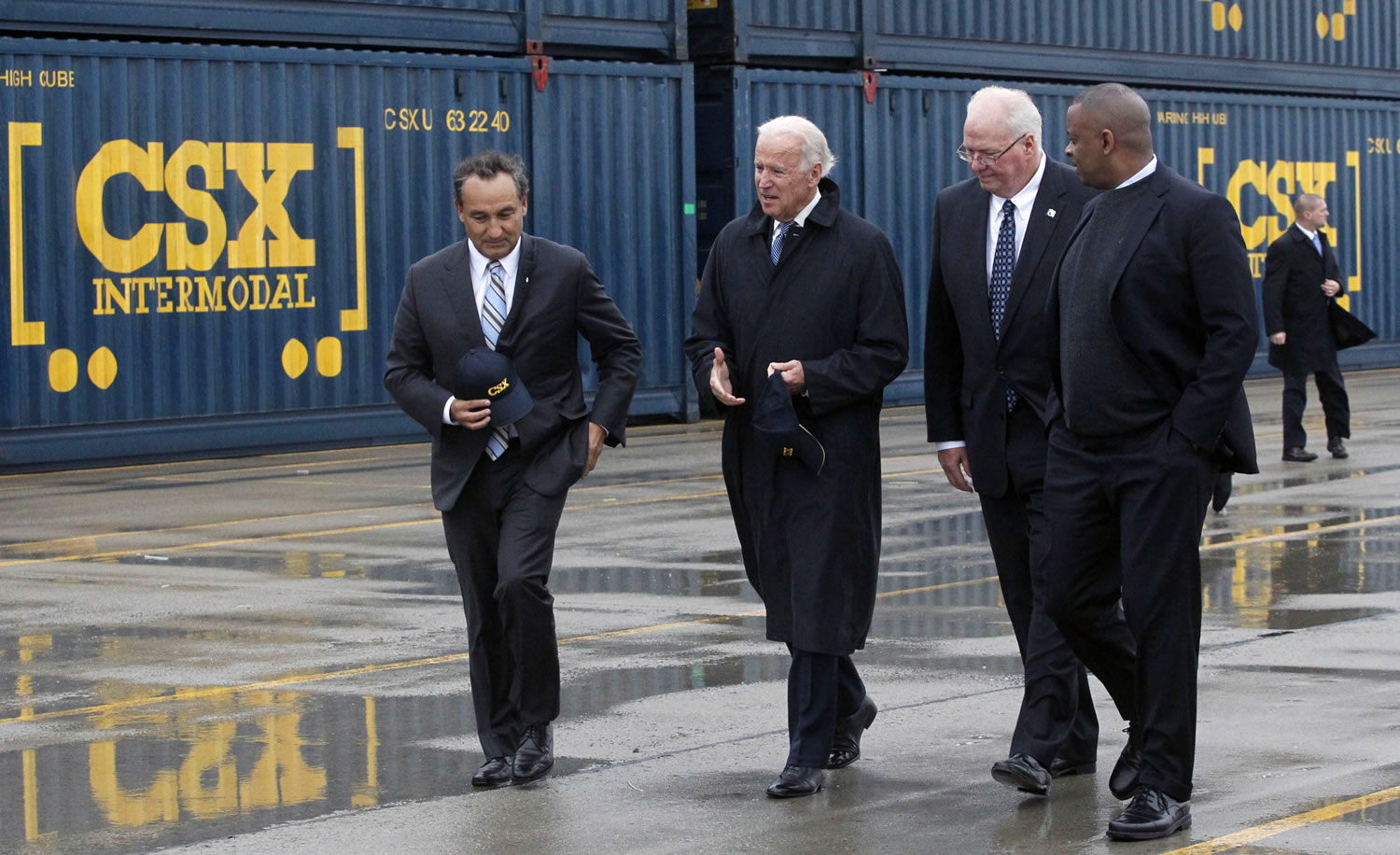CHICAGO — United Continental Holdings’ new CEO, Oscar Munoz, takes over the controls at the Chicago-based airline amid a brewing scandal, as well as labor woes, poor customer service and technology issues and, yet, record profits.
Highly regarded as a railroad executive and known for being the biggest personality in the room, Munoz, 56, will be expected to translate his skills from the rails to the Friendly Skies. But, industry watchers say, his success is far from guaranteed.
Munoz took the top job at United earlier this week as the company announced the resignations of CEO Jeff Smisek and two other top executives. Their departures are linked to a federal investigation of United’s dealings with the Port Authority of New York and New Jersey, which operates New York-area airports. The airline is under the microscope for adding a special route to South Carolina to potentially curry favor with the agency’s now-former chairman.
One industry analyst described United’s move as fallout from a “‘Sopranos’-style tit-for-tat scandal.”
United did not make Munoz available for an interview Wednesday but confirmed that Munoz will be moving to Chicago. He now lives in Ponte Vedra Beach, Fla., near Jacksonville.
Munoz, known for his energy and enthusiasm, is of Mexican heritage, the oldest of nine children raised in Southern California and among the first in his family’s generation to graduate from college, according to published reports.
After graduating with an undergraduate degree from the University of Southern California and an MBA from Pepperdine University, he quickly climbed the corporate ladder at companies with household brands — AT&T, Pepsi, Coca-Cola — before leaping to railroads in 2003 to take the chief financial officer job at rail giant CSX. He was named president in February, and, industry watchers say, was considered the heir apparent to the CEO job until this week’s announcement by United.
The change of companies and industries puts Munoz, named one of the “100 Most Influential Hispanics” by Hispanic Business magazine, in charge of the second-largest airline in the world and the largest private employer in Chicago.
Whether his skills translate from rails to airlines is open for debate and ultimately will only be judged over time. Some industry watchers are not concerned with his leadership qualifications but his lack of experience in the day-to-day operations of the airline business, which in some ways varies dramatically from railroads.
Hunter Keay, an analyst with Wolfe Research, noted that there have been few true outsiders in airline C-suites in recent years.
And though United needed a “management and culture shake-up,” Munoz might not be equipped, at least immediately, to make some of the difficult changes, such as re-evaluating United’s hubs or positioning the airline to raise prices to make more money, he said in a note to investors.
“At CSX, Mr. Munoz was a proponent of pricing over volumes and was viewed by many investors as a shareholder-friendly executive. That’s good. But without a more reliable operation or even perhaps structural network changes, (United) simply won’t get pricing,” he wrote.
However, Munoz has made a transition to a new industry before, when he went from consumer products to rails, said William C. Vantuono, editor-in-chief of Railway Age magazine.
“I have a tremendous amount of respect for him as an executive, his abilities,” Vantuono said. “He was able to adapt to the rail industry quite well. . He’s very highly regarded, and very highly respected. And that’s not an easy thing to accomplish in the rail industry, especially since he came from outside the industry.”
Still, the competitive landscape is a big difference, said Morningstar analyst Keith Schoonmaker.
At CSX, which operates in the East, Munoz had to deal primarily with one direct competitor, Norfolk Southern, while airlines have many competitors.
“We think it’s a much more challenging market structure that United faces, compared with what CSX faces,” Schoonmaker said. “He enjoyed something at CSX you don’t see in many markets, and that’s just one competitor, and you’re both disciplined on price.”
But Munoz “knows what a high-performing business looks like” from his time at CSX, which radically transformed itself during his tenure there by improving operations and raising prices, Schoonmaker said.



